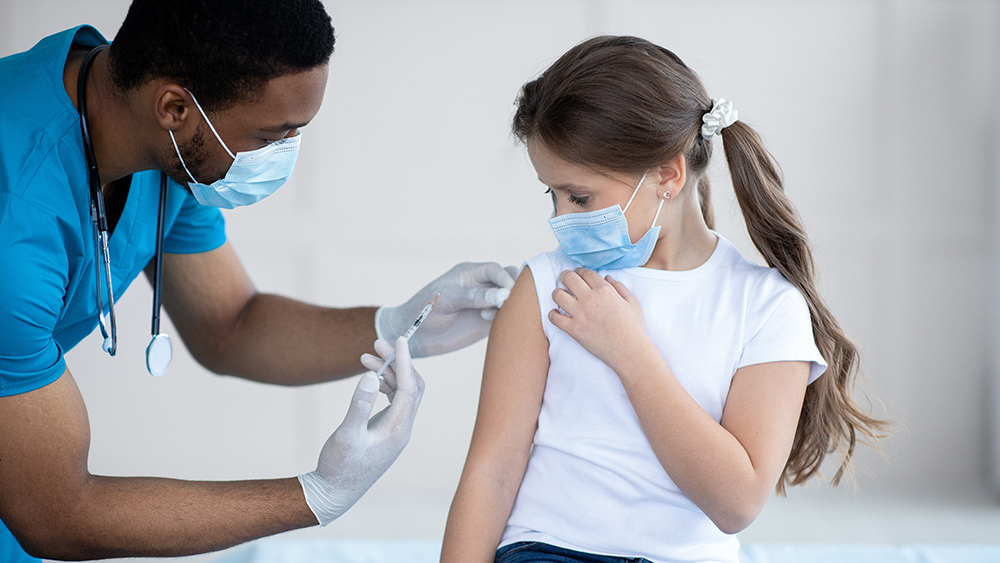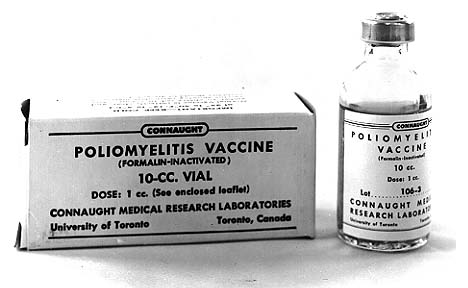Study links poor sleeping habits to rising obesity in teens
08/30/2022 / By Mary Villareal

Teenagers who sleep less than seven hours every night are 70 percent more likely to be obese or overweight, according to a study by Spanish researchers.
The study, presented as an abstract during the European Society of Cardiology Congress 2022, followed over 1,200 Spanish secondary school children to determine how sleep affected their weight. They were split into groups and, factoring in their age, weight and gender, had their BMIs recorded to see whether they were underweight, normal weight, overweight or obese.
The study participants aged between 12 and 16 years old were given sleep trackers to measure their length of sleep for more than a week. The researchers also measured the children’s waist circumference, blood pressure, cholesterol and blood sugar levels to paint a broad picture of their health.
Of the 1,229 juvenile study participants – 27 percent of 12-year-olds, 24 percent of 14-year-olds and 21 percent of 16-year-olds were recorded as overweight or obese. (Related: BIG market for Big Pharma: Survey finds 22% of US kids are OBESE.)
According to the study findings, 14-year-olds who had less than seven hours of sleep per night were up to 72 percent more likely to have a BMI of over 25 than those who slept for more than eight hours. Thirty-four percent of 12-year-olds slept at least eight hours per night, but older children had less sleep. Only 23.4 percent of study participants aged 14 managed to sleep at least eight hours, while only 19.4 percent of those aged 16 did so.
After adjusting for exercise and diet, the Spanish researchers found that 12-year-olds who slept less than seven hours a night were a third more likely to be overweight or obese than those who got their full night’s rest. Twelve-year-olds who slept between seven and eight hours were a fifth more likely to fall in the overweight or obese category. Nevertheless, both groups were also more likely to have larger waistlines and higher blood pressure, cholesterol and blood sugar levels.

Researchers recommend strict sleep regimen
While the researchers have not yet detailed why the lack sleep was fueling obesity, previous studies have shown that losing sleep can drain energy over the day. This makes people less likely to exercise and more prone to eat snacks. Lack of sleep purportedly prompts the body to produce the hunger hormone ghrelin, which makes people eat more and puts them at a greater risk of obesity.
Jesus Martinez Gomez, a cardiologist at Spain’s National Center for Cardiovascular Research, said the connection between insufficient sleep and adverse health effects was independent of energy intake and physical activity levels, indicating that sleep itself is important.
“Parents can set a good example by having consistent bedtime and limiting screen time in the evening,” he advised. “Public policies are also needed to tackle this global health problem.”
However, even sleeping between seven to eight hours raises the risk of piling on the pounds by up to 29 percent compared to those who get their full eight hours of rest, which is why teens should aim for eight hours of sleep as a minimum.
The study by the Spanish researchers came amid a growing childhood obesity epidemic that showed one in five children in the United Kingdom being too heavy by the time they start primary school. Thus, the U.K.’s National Health Service recommends that teenagers get between seven and 11 hours of sleep at night for utmost physical and mental development.
Visit FightObesity.news for more stories about obesity.
Watch the video below to learn more about obesity in America.
This video is from the InfoWars channel on Brighteon.com.
More related stories:
Study claims more kids are fat and unhealthy because of GLOBAL WARMING.
Sources include:
Submit a correction >>
Tagged Under:
childhood obesity, children's health, fight obesity, health science, overweight, research, sleep, sleeping habits, teenagers
This article may contain statements that reflect the opinion of the author





















